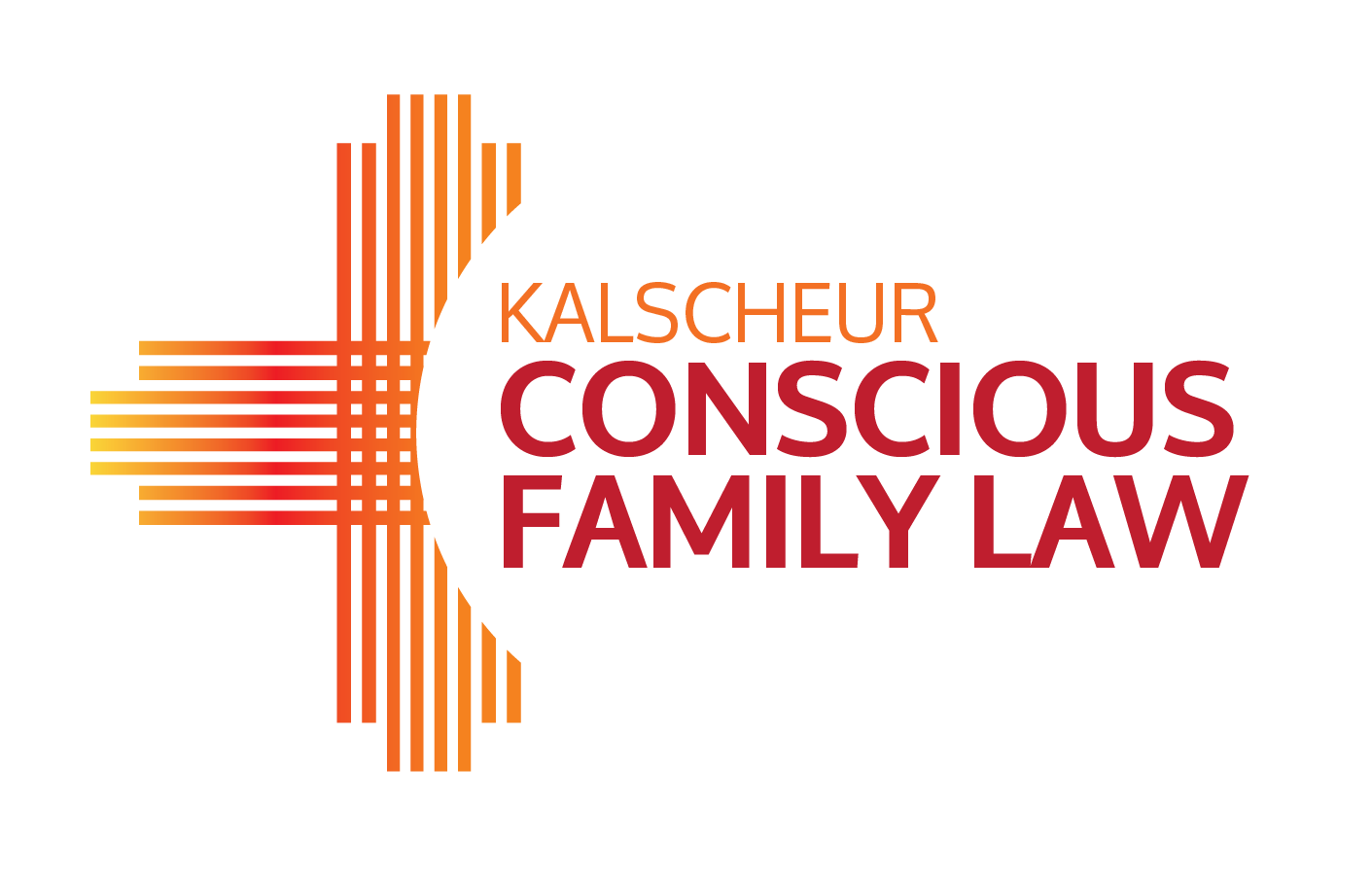PARENTING ON THE EDGE: THREE BREATHS TO PULL BACK FROM THE CLIFF
By: Patrick Kalscheur
Parenting is hard. Parenting during a divorce might feel impossible at times. We experience so many emotions as we uncouple from our partners that even the smallest action or word from our little ones might trigger strong feelings of anger or sadness. With time to reflect, we know that the experience isn’t really about what our child just said or did. Nevertheless, in the moment we may want to react. We probably will several times. We will need to forgive ourselves over and over. This is parenting on the edge, parenting on the edge of deep emotions.
Parenting is extremely rewarding. We can find unending joy in the process: watching our children grow up; seeing the joy in their eyes when they have a new experience; making each other laugh at silly things; creating opportunities we want for every child; seeing reflections of ourselves in them; giving us hope that the world can be a better place. We can love another more than anything else in the world. We can experience this love over and over.
In my work with families going through the trauma of divorce, I know there are many instances outside of our work together where the parents will be on the edge of deep emotions. How should they handle these experiences? How can they stop themselves from going over the cliff of reaction, which leads to self-judgment, misunderstanding, and misplaced emotions? How can they move from the place of parenting is hard work to parenting is rewarding? Let me offer one tool that can be practiced and implemented when you find yourself on the edge of deep emotions with your kids.
This is a three-part breathing process to help regulate emotions while also acknowledging and integrating the experience you are having. The first part is to acknowledge the emotion you are experiencing. We do this with the first breath, by breathing in deeply and saying internally to yourself, “I feel the [insert emotion, anger, fear, sadness, etc.]”. Make sure that you have a full deep inhalation and exhalation. The second step is to remember that you are currently with your child or children and that you love them deeply. Take a second deep inhalation and exhalation, saying internally to yourself, “I love [insert child’s name]”. Finally, we must remember to release judgment of ourselves for experiencing these emotions and return that same love for our kids back to ourselves internally. Finally, we take a third deep inhalation and exhalation, saying internally to ourselves, “I love myself” or “I am loveable” or simply “I am good”.
Yes, this is very hard to remember and do in the moment, which is why I suggest you practice this at a time when you are not triggered. You can do this by visualizing or remembering an instance where you felt a strong emotion in the presence of your child. Allow yourself to come back into that emotional space, and then try taking the three deep breaths along with the three affirmations listed above. The more that we practice, the more natural it will feel when we are approaching the edge and the more likely we will be to pull ourselves back from going over the reactive cliff.
